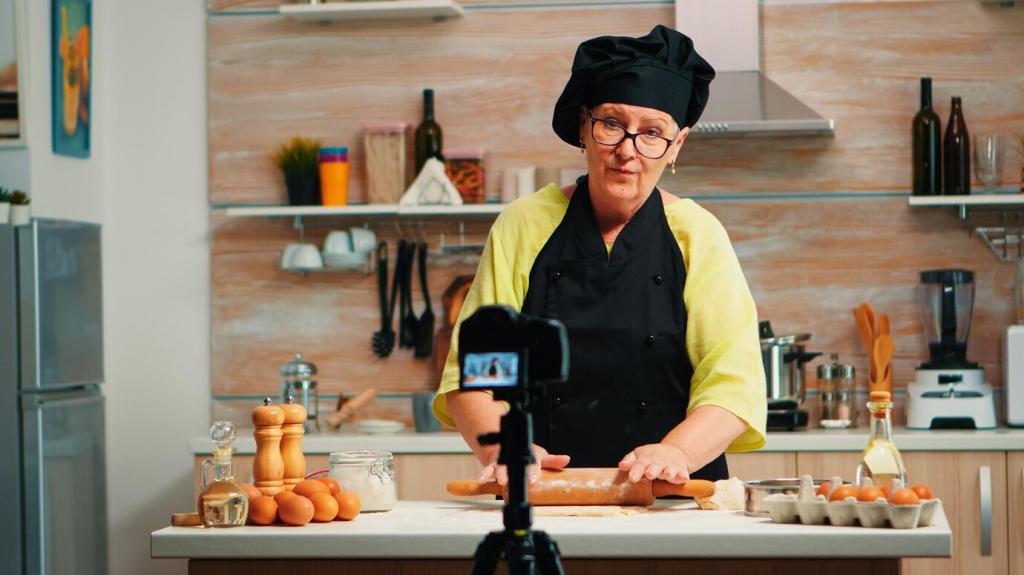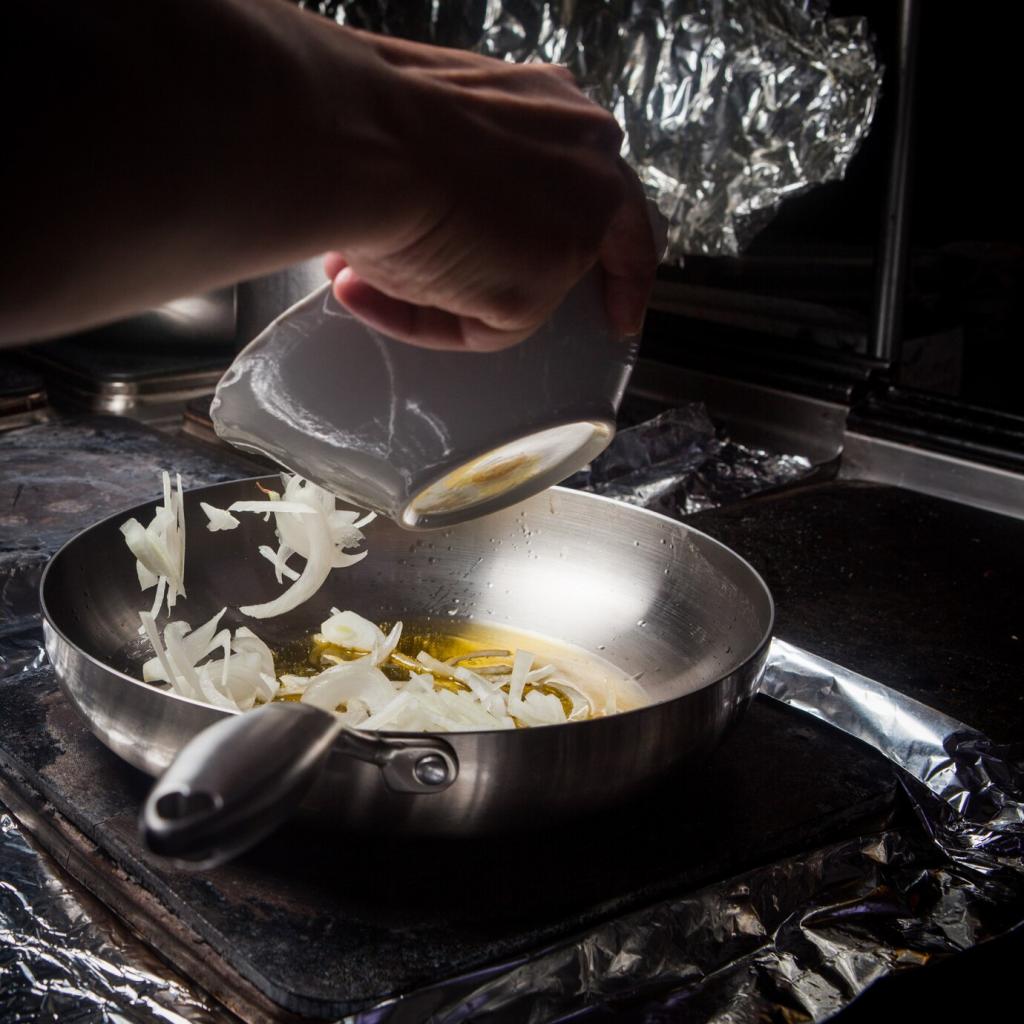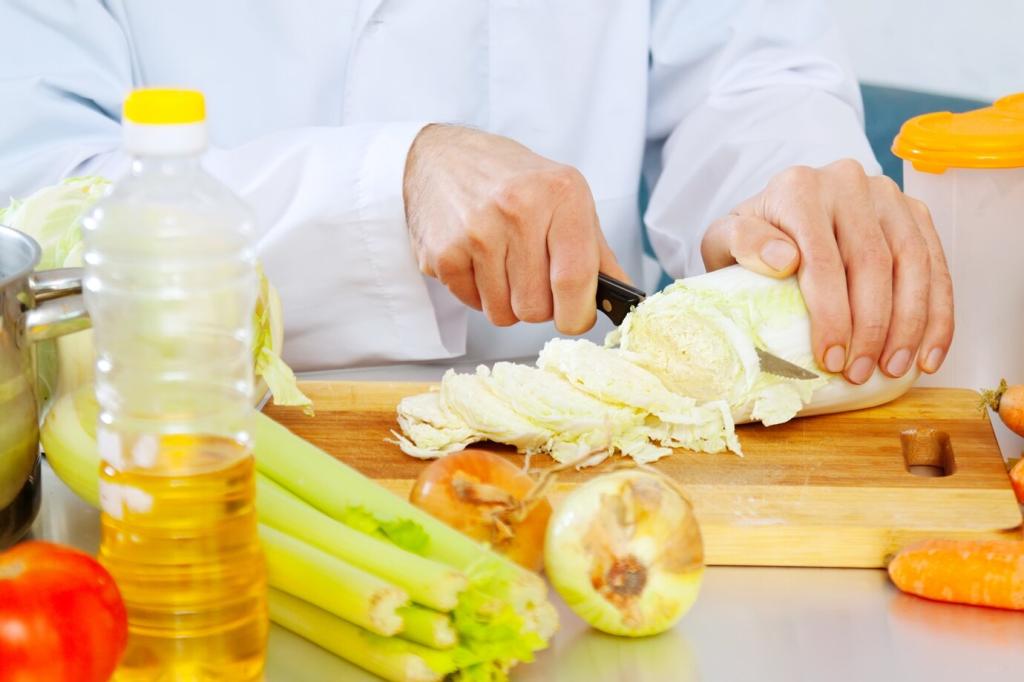
Smart Kitchen Technology: A Guide for Home Cooks
Smart kitchen technology is transforming the way home cooks approach meal preparation, efficiency, and creativity in the kitchen. With a growing ecosystem of connected devices, intelligent appliances, and innovative tools, today’s kitchens are more adaptable and user-focused than ever before. Whether you’re an aspiring chef, a busy parent, or someone who simply enjoys experimenting with flavors, understanding smart kitchen technology can help you unlock new potentials in your culinary space. This guide explores key trends, practical applications, and tips for making the most of modern kitchen advancements.
The Evolution of Smart Kitchen Appliances
Today’s smart refrigerators go far beyond merely keeping food cold. Featuring touchscreens, internal cameras, and Wi-Fi connectivity, they help users manage their inventory by tracking expiration dates, suggesting recipes based on available ingredients, and even enabling grocery reordering directly from the appliance. Some models offer integration with other smart devices, allowing you to check the contents via your smartphone while shopping. These features minimize food waste and streamline meal planning, offering a new level of efficiency for home cooks.

Integrating Smart Technology into Daily Cooking
With the rise of voice-activated personal assistants and robust recipe apps, home cooks now have virtual sous-chefs at their fingertips. Devices equipped with Amazon Alexa, Google Assistant, or Apple’s Siri can provide step-by-step cooking instructions, set timers, convert measurements, and answer culinary questions in real time. Additionally, recipe apps integrated with smart appliances can automate temperature and time settings, making complex dishes achievable for anyone. These tools are invaluable for multitaskers or those looking to broaden their cooking repertoire without feeling overwhelmed.
Smart kitchen technology extends beyond cooking to the realms of grocery management and meal planning. Fridges, pantries, and shopping lists can be synchronized through apps that track ingredient usage and expiration, recommending recipes based on what’s available. This level of organization reduces food waste and the stress of last-minute meal decisions. Moreover, some apps analyze your dietary preferences and suggest weekly meal plans, creating shopping lists that integrate with online grocery delivery services, thus saving time and ensuring well-balanced meals throughout the week.
Automated kitchen devices such as smart slow cookers, multicookers, and precision cookers allow users to start, monitor, and adjust their cooking processes from mobile devices. These gadgets take over repetitive tasks, control exact temperatures, and send alerts at critical stages of preparation, enhancing both convenience and accuracy. As a result, home cooks can enjoy sophisticated cooking techniques, like sous vide or slow-roasting, without having to hover in the kitchen for hours, thus enabling multitasking or freeing up more leisure time.
Enhancing Safety and Efficiency in the Smart Kitchen
Advanced sensors in smart stoves, cooktops, and ovens can detect overheating, gas leaks, or unattended cooking and respond by shutting off the appliance or sending alerts to the user’s phone. Smoke and carbon monoxide detectors can integrate with smart home systems to facilitate quick responses to emergencies. These preventative technologies provide peace of mind, especially for households with young children or elderly family members, by reducing the risk of kitchen-related accidents before they escalate.
Smart kitchen technology frequently incorporates features that monitor and optimize energy and water usage. Appliances can operate during off-peak utility hours, minimize stand-by power consumption, and automatically select efficient cycles based on the task. Usage statistics and reports are often accessible through companion apps, helping users recognize patterns and adjust behaviors for further savings. Over time, these small efficiencies can lead to significant reductions in utility bills and a lighter environmental footprint, making the smart kitchen both practical and eco-conscious.
Many intelligent cooking devices are programmed to track their own maintenance needs and alert users when filters need replacing, descaling is required, or parts should be checked. Should a problem arise, diagnostics can often be run remotely, sometimes even enabling direct communication with customer service for quick solutions. This proactive approach minimizes appliance downtime and extends the lifespan of valuable kitchen investments, further promoting a seamless and worry-free cooking environment.

